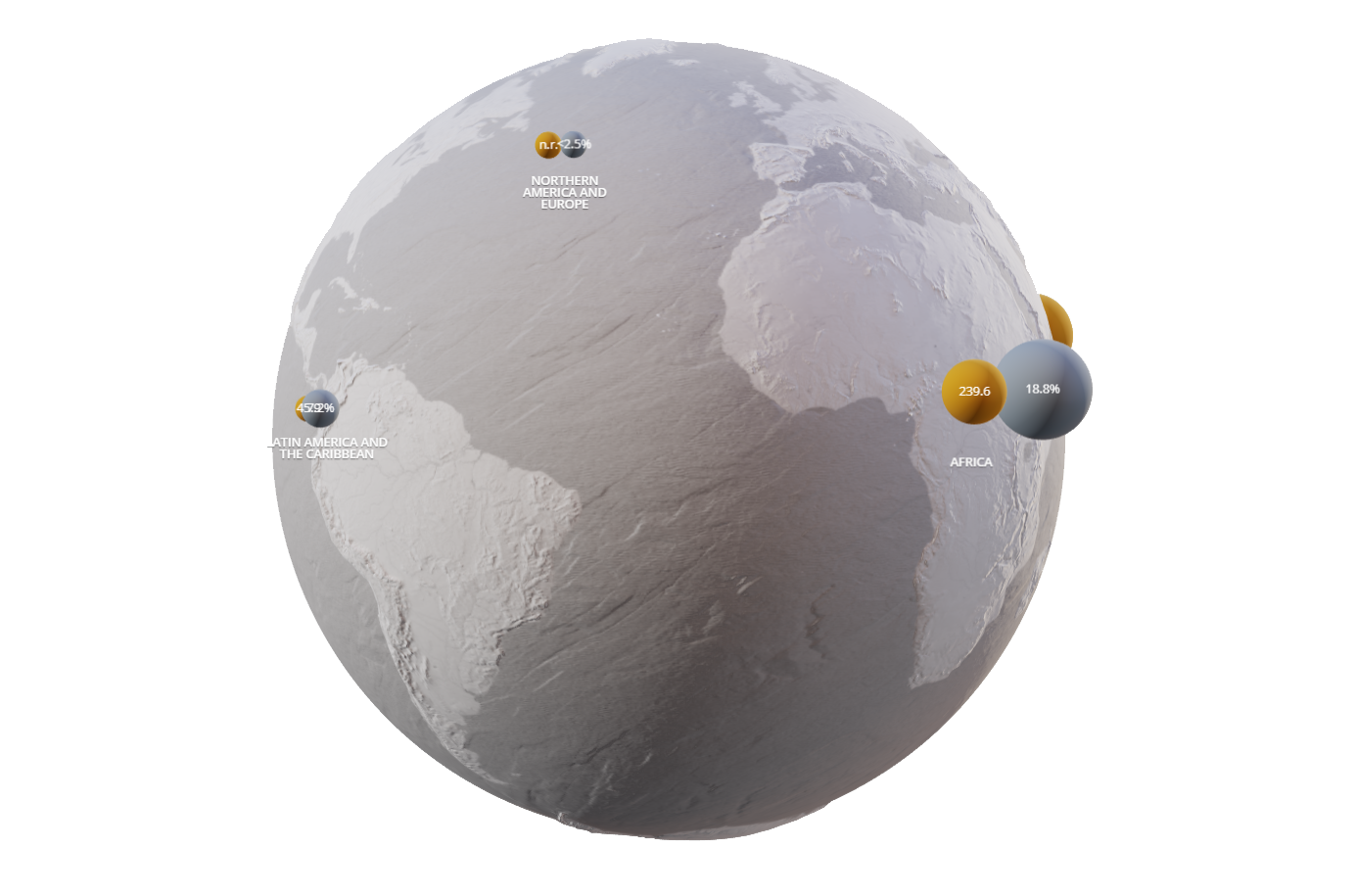The challenge of reducing food loss and waste during COVID-19
The COVID-19 pandemic continues to wreak havoc globally, generating significant challenges that could result in risks to food security and nutrition in many countries. Disruptions in supply chains resulting from blockages on transport routes, transport restrictions and quarantine measures are resulting in significant increases in food loss and waste, especially of perishable agricultural produce, such as fruits and vegetables, fish, meat and dairy products.
The onset of the COVID-19 pandemic has resulted in a shortage of seasonal migrant farm labourers and transportation labours, who have faced difficulties in crossing borders. The closure of much of the hospitality industry and schools has also resulted in a loss of markets for producers, making the situation even more challenging. Dealing with the levels of food waste in the upstream segments of the supply chains of perishables, vegetables, and milk, in particular, has been particularly challenging.
At the downstream end of the supply chain, with panic buying and stockpiling by consumers, supermarkets, which are often key donors to food banks, struggle to keep their shelves stocked and are unable to donate food. Yet, much of the food purchased by households may never be consumed and could end up being discarded as food waste, because of a misunderstanding of date marking and improper storage of these household food items.
The food waste during COVID-19, is even more concerning, considering that food banks across the developed world are anticipating a significant increase in the demand, owing to an increase in the number of people affected financially due to the surge in unemployment. The food banks face a number of problems ranging from a lack of experienced staff, insufficient supply of food, and also locations that are no longer suited to distributing food packages, because of the physical distancing measures.
We need to be aware of the importance of the issue of food loss and waste now more than ever in order to promote and implement our global efforts towards resolving it. That is why, in 2019, the 74th United Nations General Assembly designated 29 September as the International Day of Awareness of Food Loss and Waste, recognizing the fundamental role that sustainable food production plays in promoting food security and nutrition. Doubtless, this new International Day faces a lot of challenges to achieve our goals of "Responsible consumption and production," which will contribute to the fight for Zero Hunger and against Climate Change.
Reducing food loss and waste is critical to achieving a sustainable world
-Did you know?
- One-third of food produced for human consumption is lost or wasted globally, which amounts to about 1.3 billion tonnes per year.
- In the case of fruits and vegetables, almost half (45%) is wasted.
- It takes 13 litres of water to grow 1 tomato and 50 litres of water to produce one orange. It also takes seeds, soil, labour of farmers and even the fuel that goes into transporting the food. All of these resources are lost when the fruit (pun intended) of these labours is lost.
Related links
The map of shame
Discover the progress of prevalence of undernourishment around the world and remember it everytime you throw food in your garbage can.





